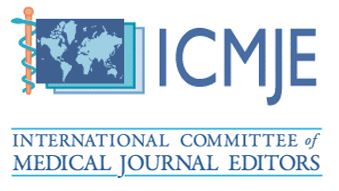Effectiveness of McMaster Model Psychoeducational Training on Family Intimacy in Bipolar Patients
Keywords:
Family intimacy, bipolar disorder, McMaster Model, psychoeducational training, family therapyAbstract
Objective: The objective of this study was to evaluate the effectiveness of McMaster Model psychoeducational training on enhancing family intimacy among families of bipolar patients in Bushehr.
Methods and Materials: This study employed a quasi-experimental design with pre-test and post-test measurements, including a control group. The sample consisted of 50 participants (25 in the experimental group and 25 in the control group) selected through convenience sampling from the families of bipolar patients in Bushehr in 2023. The experimental group participated in a 10-session McMaster Model psychoeducational program, while both groups completed the Alexis J. Walker and Linda Thompson Intimacy Questionnaire (1983) before and after the intervention. Data were analyzed using ANCOVA to assess the impact of the training on family intimacy.
Findings: The results indicated a significant difference between the estimated post-test scores of the experimental and control groups, with the McMaster Model psychoeducational training significantly improving family intimacy in the experimental group (P < .001). The effect size of the intervention was 0.314, and the statistical power was 0.743, suggesting sufficient sample size for hypothesis confirmation. Additionally, the training significantly enhanced the level of affection within the families, with an effect size of 0.349 and a statistical power of 0.776.
Conclusion: The study concluded that McMaster Model psychoeducational training has a significant positive impact on family intimacy and affection among families of bipolar patients in Bushehr. These findings support the integration of this training into therapeutic practices for families dealing with bipolar disorder to enhance family cohesion and emotional well-being.
Downloads
Downloads
Additional Files
Published
Issue
Section
License
Copyright (c) 2023 Fatemeh Bibak (Author); Mohammadreza Bahrani (Corresponding Author)

This work is licensed under a Creative Commons Attribution-NonCommercial 4.0 International License.








































